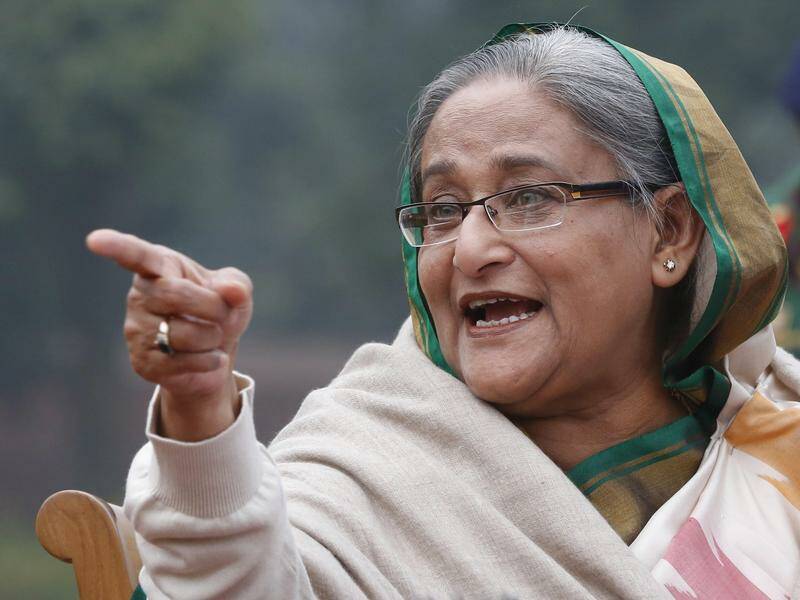
A court in Bangladesh has sentenced former Prime Minister Sheikh Hasina to death for her role in suppressing a student-led uprising that resulted in numerous fatalities. The verdict, delivered by the International Crimes Tribunal in Dhaka, marks a significant legal action against a former leader in the country’s history since gaining independence in 1971. The ruling comes just months before parliamentary elections anticipated in early February 2024.
The tribunal found Hasina guilty of orchestrating a violent crackdown on protests that occurred in July and August 2024, which left an estimated 1,400 people dead, as per a report by the United Nations. The court proceedings took place under heightened security, notably in Hasina’s absence, as she fled to India during the height of the unrest. She received a life sentence for crimes against humanity while facing the death penalty for the killings that occurred during the protests.
Reaction in the courtroom was swift as supporters of the verdict erupted in cheers upon hearing the sentence. Although the ruling can be appealed, her son and advisor, Sajeeb Wazed, indicated to Reuters that they would not pursue an appeal unless a democratically elected government reinstates the Awami League party’s participation.
Following the verdict, Hasina issued a statement condemning the tribunal, describing it as a “rigged” process led by an unelected government lacking democratic legitimacy. She accused the interim administration of bias, claiming the death penalty reflects a “brazen and murderous intent” to eliminate her party’s influence.
The interim government, led by Nobel Peace laureate Muhammad Yunus, characterized the ruling as a “historic verdict” and warned against any attempts to incite disorder. During the trial, prosecutors presented evidence they claimed demonstrated Hasina’s direct orders to use lethal force against protesters. The violence that erupted was described as the worst since the country’s war of independence.
Hasina’s defense argued that the charges were unfounded, asserting that the trial lacked fairness and transparency. A government spokesperson countered these claims, stating that the tribunal had operated openly and that no credible human rights organization had labeled the proceedings as politically motivated.
In the lead-up to the verdict, Bangladesh experienced unrest with at least 30 bomb explosions and 26 vehicles set ablaze across the nation. Fortunately, there were no reported casualties, but the atmosphere remains tense.
Since Hasina’s departure, the interim government has maintained relative peace, although political stability continues to be elusive. In a recent interview, Hasina warned of potential backlash from her supporters, suggesting that millions may abstain from participating in the upcoming elections if the political landscape remains unchanged.
As the country braces for further developments, security remains tight in major cities, with paramilitary forces deployed around government buildings and the tribunal complex to prevent potential unrest.





